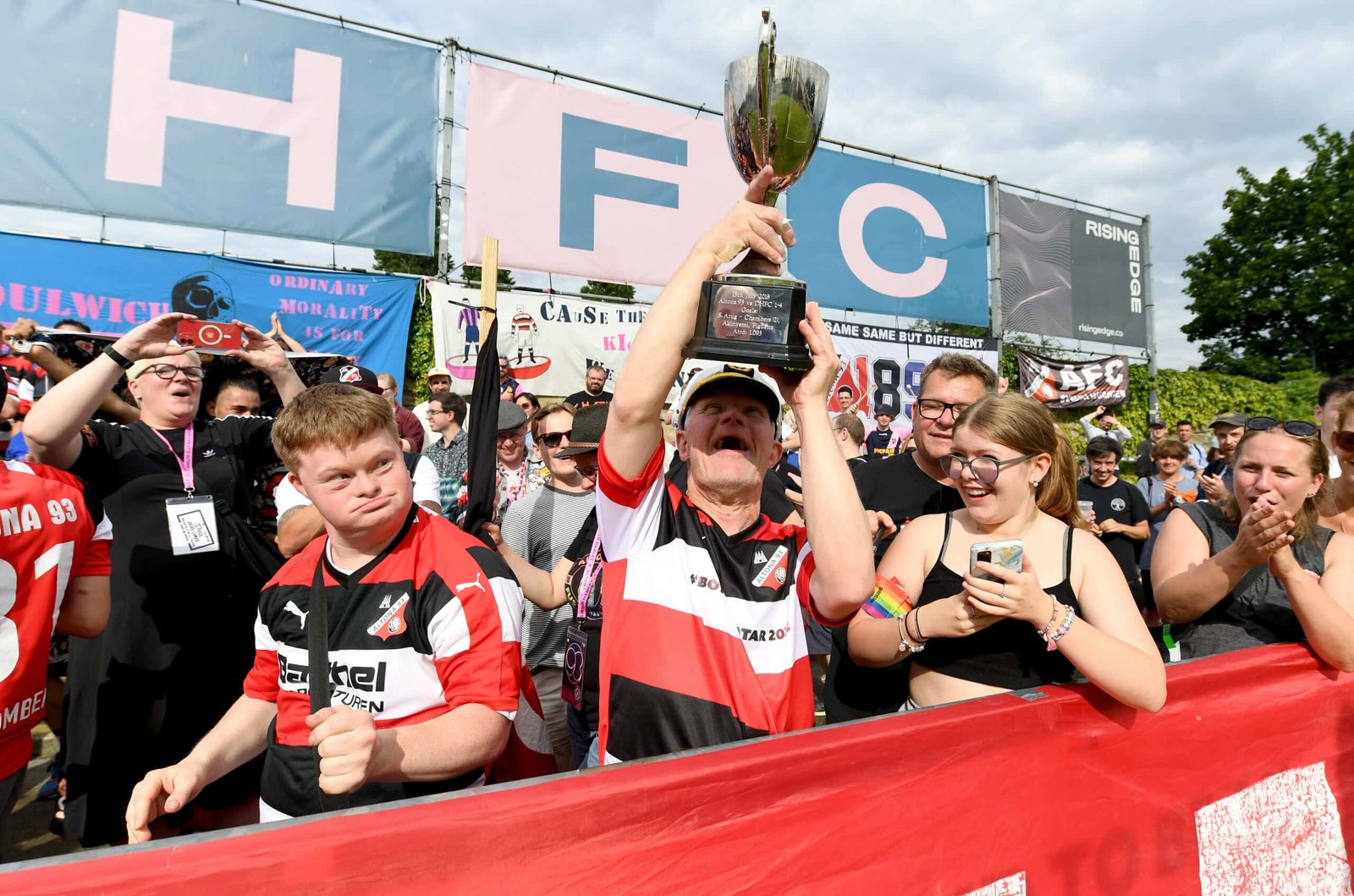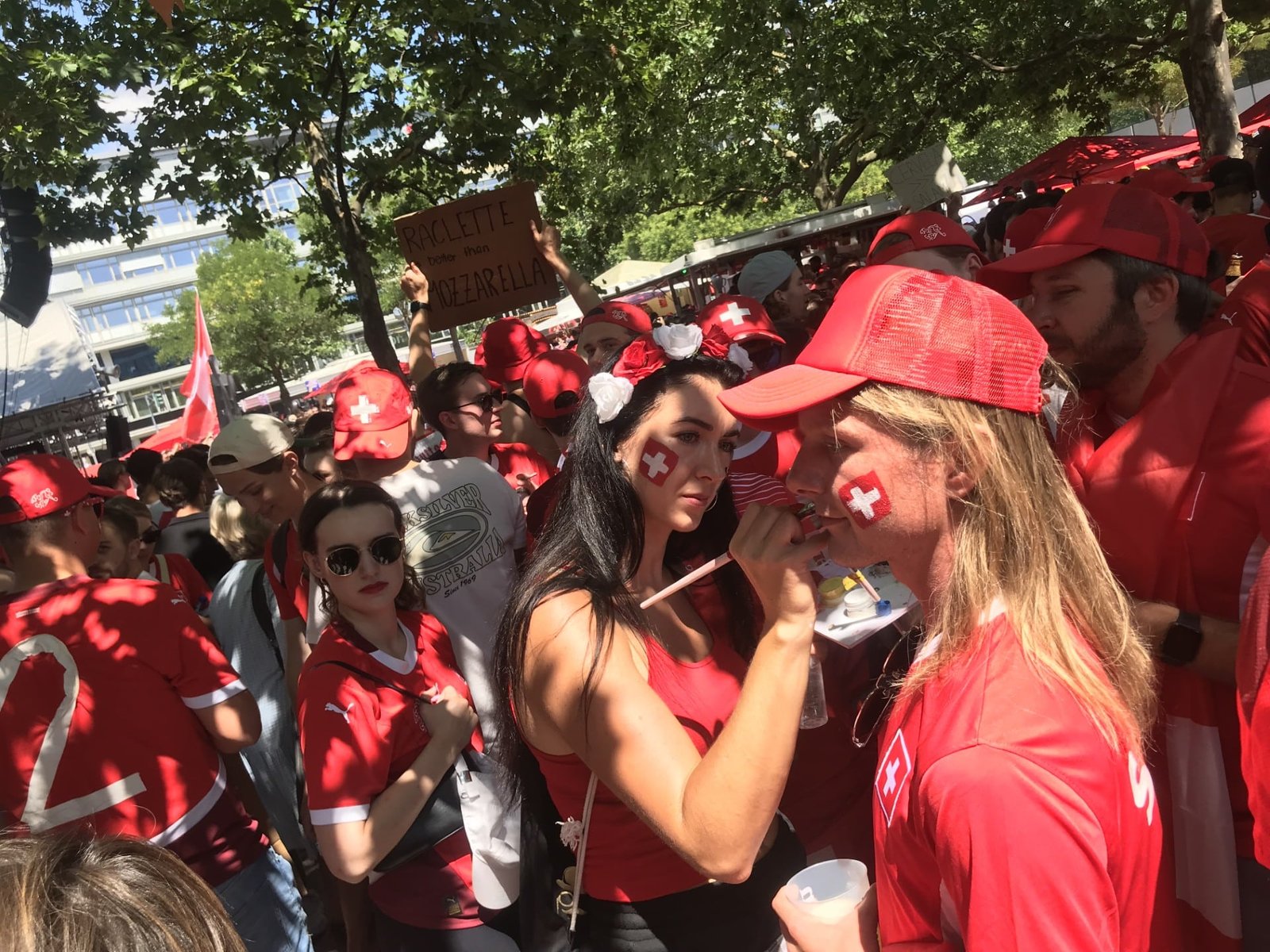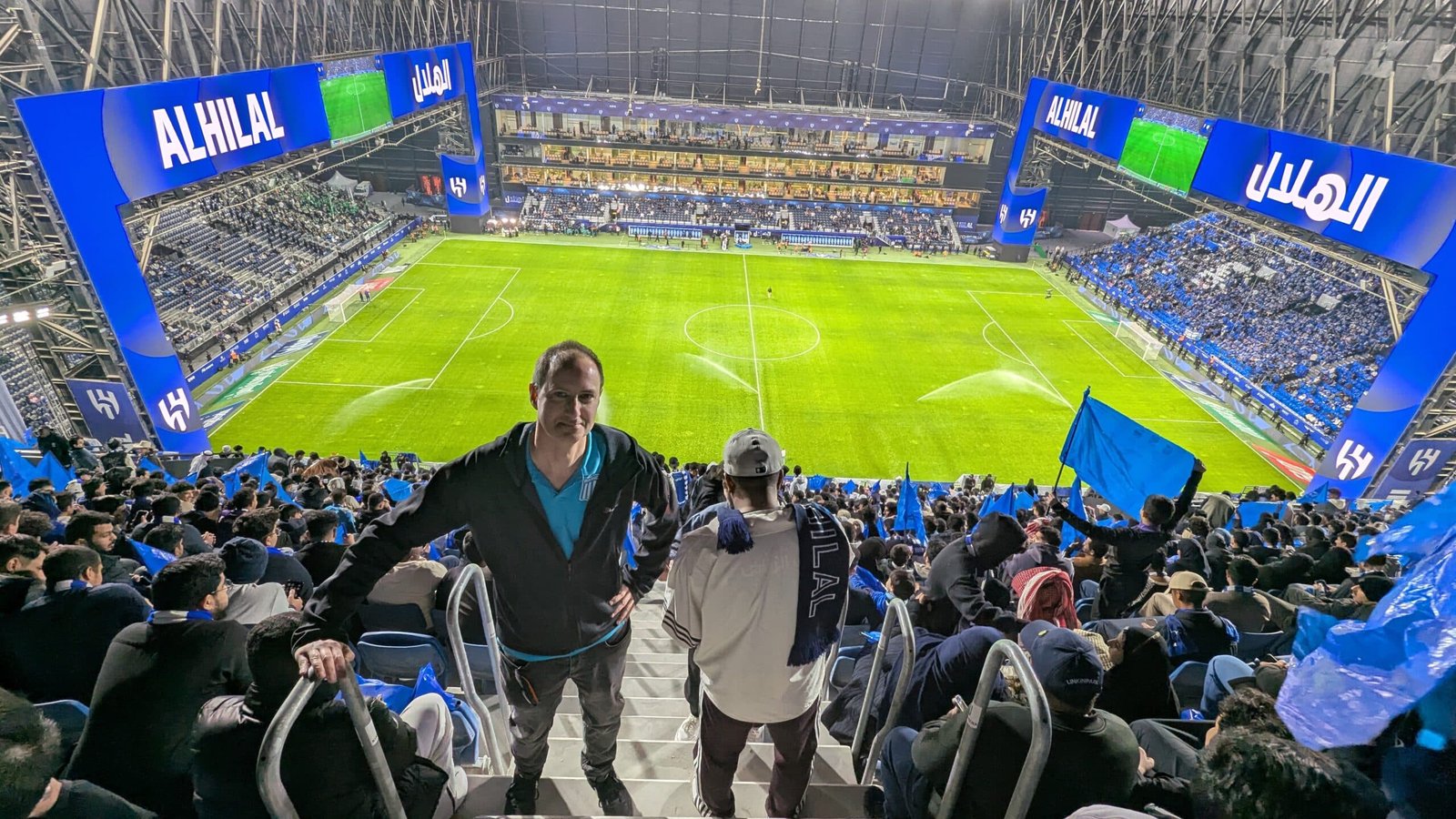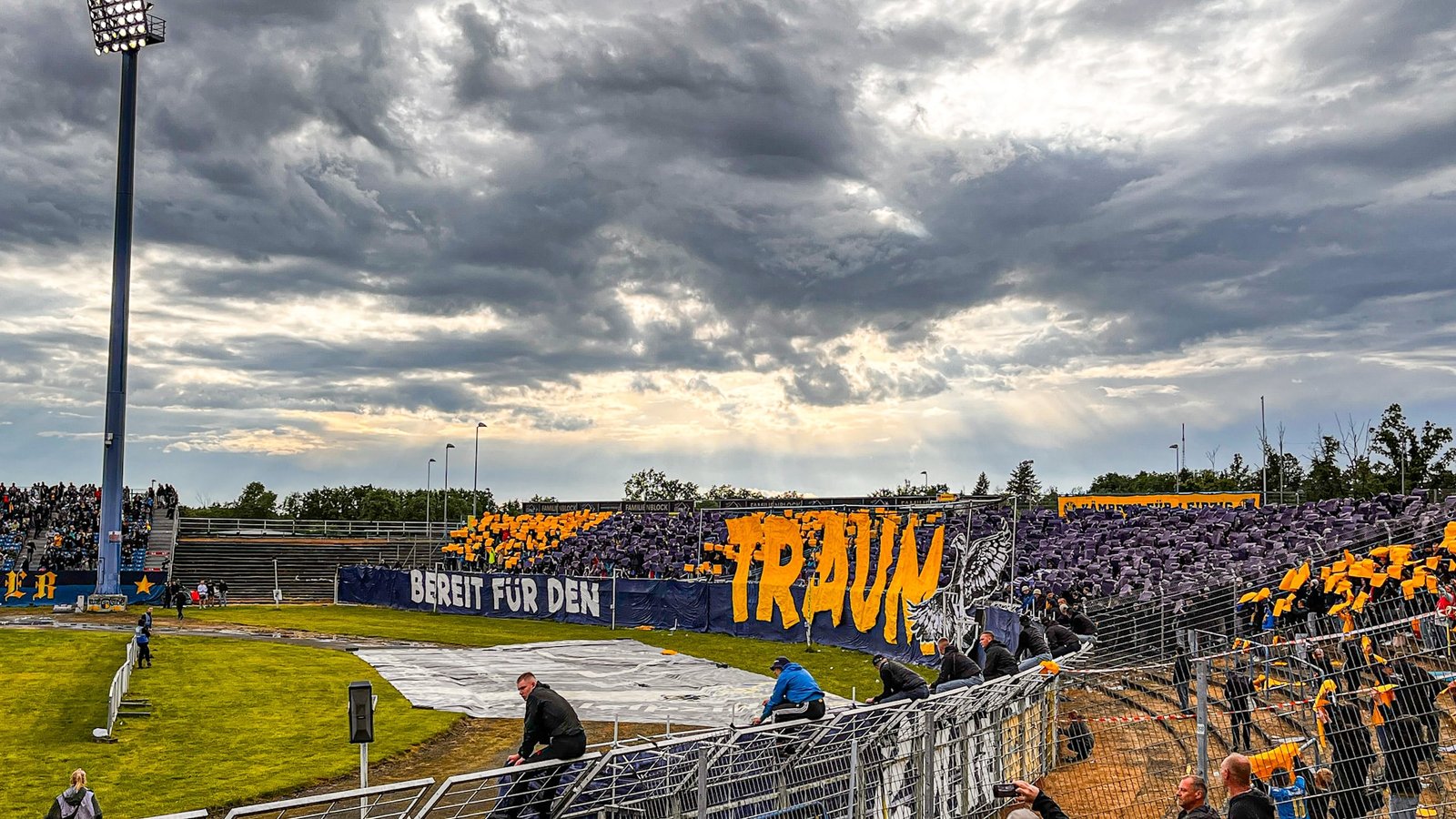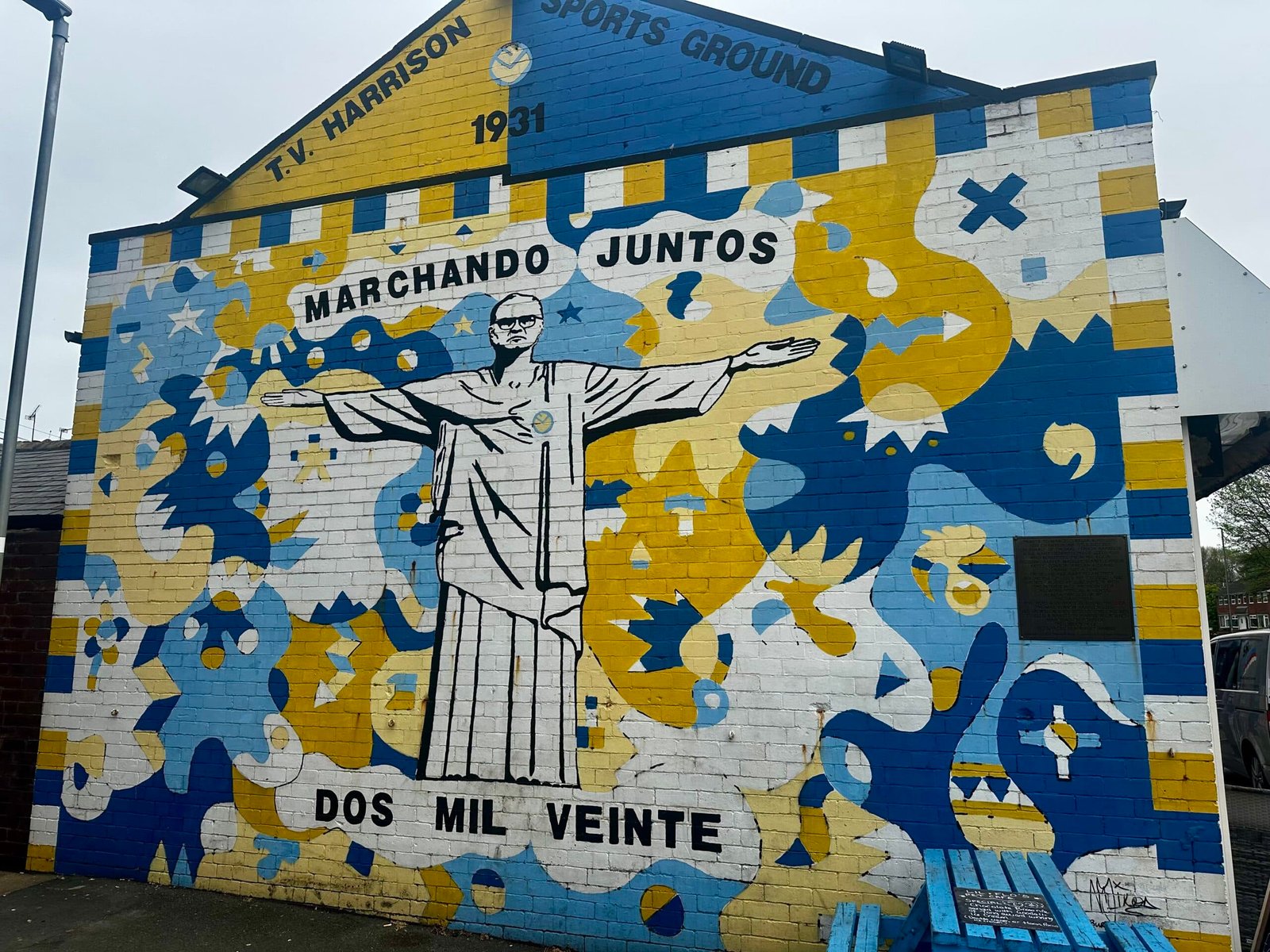On the eve of El Clásico, Peterjon Cresswell visits Barcelona – and Budapest, where a new book and separately produced film celebrate the dramatic life and achievements of three players did much to create the club’s legend. The book, a memorial to Sándor Kocsis, is having its Catalan version launched on Tuesday – in a Hungarian-run bar by the Nou Camp where Kocsis stands tall beside Magyar team-mates László Kubala and Zoltán Czibor.
If Barcelona are, famously, more than a club, then the tale of the three compatriots instrumental in creating its international renown is one that still has echoes today.
This Sunday, the eyes of the world will be on the Nou Camp for what could be the most clásico of all Clásicos. Close by on Carrer de Benavent, the Hungarian trinity of László Kubala, Sándor Kocsis and Zoltán Czibor keep watch over the international mix of pre-match drinkers packing the Futbol Bar Restaurant, run by another compatriot, Péter Büki.
‘In my mind, I always wanted to create a bar like this,’ says Büki, a Haladás fan from Szombathely. ‘Knowing about the historic link of Hungary to Barcelona, it gives me a real sense of pride.’ He opened his muralled masterpiece in 2014. A temple to the revered trio, a reliquary for Büki’s life-long collection of football scarves and signed shirts, and a damn fine spot for a game-day beer – get here before the crowds to sample the goulash – the Futbol Bar Restaurant will also be in action on Tuesday.
That morning, the launch of the Catalan-language version of the memorial book to Sándor Kocsis will fulfil the last wish of its author, Oszkár Schlegel. The writer and sports teacher died before his work, ‘Volt egyszer egy csatár’ (‘There Was Once a Forward’) in its original Hungarian, could be published in Barcelona.
Flying in to attend the event are the people behind its publication: the Budapest-based Aranycsapat Öröksége Alapitvány (‘The Heritage Foundation of the Golden Team’). Its role is to enshrine and promote the memory of the Magic Magyars, the legendary Hungarian national side all three Barça stars played for beforehand.
‘We want to both honour the will of the author – and, of course, the great memory of Sándor Kocsis,’ said general secretary and founder József Kolláth. In addition to memorials and recent funerals of the last of this fabled team, the foundation set up a Kocsis Commemorative Tournament in Budapest last summer for under-19s – won by FC Barcelona.
Fluid passing and one-touch control have made Barcelona the most feared and revered side in the contemporary game. These are the qualities Kubala, Kocsis and Czibor brought with them from Budapest. It is partly their legacy that makes Barça the most successful brand in world football.
Back in Budapest, Kocsis namesake Tibor is currently preparing his own presentation. His touching film, ‘Magyarok a Barçaért’ (‘Hungarians for Barça’/English version ‘Barcelona’s Untold Legends’), subtitled ‘More Than A Story’, documents the fate and achievements of the Barcelona three. After being introduced at the Paulaner Sörház as part of Sunday’s El Clásico night at Budapest’s MOM Park, it is being given a full screening at the MOM Kulturális Központ on April 29 – and then in Barcelona later this spring.
It features interviews with their former team-mates and key figures at Barcelona, including long-term former president Josep Lluís Núñez, and with the Spanish-speaking sons of Kubala, Kocsis and Czibor, who grew up through their fathers’ glory years. ‘Hungarians for Barça’ is a compelling story of escape, emigration, success, fame and the pain of exile.
‘It’s a very human story that any emigré might empathise with,’ said Tibor Kocsis. ‘It’s just so happens that football is the subject.’
Kocsis, Czibor and later Real Madrid supremo Ferenc Puskás starred in the Hungarian national side that had swept all before them in the early 1950s. All three escaped to Spain after the failed Hungarian Uprising of 1956. Going home was not an option.
László Kubala had already long established himself as the star at Barcelona. So great was the draw of this Budapest-born master of the dribble and the dead ball, that the Nou Camp was built partly to accommodate the masses who flocked to see him.
It was Kubala who arranged for his former team-mates, Hungarians he had played with in the late 1940s before he himself escaped, to come to Barcelona.
Together, Kubala, Kocsis and Czibor helped Barça do the double in 1959 and repeat the league title win in 1960 – over Puskás’ Real Madrid, one of the greatest sides in the history of the game. To prove the point, in the European Cup of 1960-61, Barça then beat reigning champions Real in front of 120,000 at the Nou Camp. Franco’s favoured team hadn’t lost a European Cup tie in the entire five years of the competition. Talk about El Clásico…
Barça’s subsequent shock defeat to Benfica in that season’s final, despite a text-book header from Kocsis and a simply stunning strike from Czibor, is one of many poignant moments in the film. The match would be the last time the trio starred together on the international stage. It took place at the very stadium where Kocsis and Czibor had lost another dramatic final, 3-2: the Wankdorf in Berne, where the Magic Magyars had inexplicably fallen to West Germany in the World Cup Final of 1954.
Hungarian football has been dealing with the aftermath ever since. As for the trio, Kubala enjoyed a successful coaching career, Czibor ran the Kék Duna (‘Blue Danube’) bar in Barcelona and Kocsis suffered a long and ultimately tragic decline. Eventually, his body was brought back to Budapest for a ceremonial reburial at the Basilica in 2012. The Golden Team Foundation was created shortly afterwards.
As for Barcelona, after 1961, they picked themselves up, and, partly thanks to the swift passing influence established by Kubala, produced all-conquering sides in later decades.
It was Johan Cruyff who was instrumental in setting up the club’s famous modern-day academy, La Masia – but it is László Kubala’s statue that stands outside the Nou Camp.
La Masia produced, of course, Messi, Iniesta and Piqué, the very players to fire up the Nou Camp on Sunday night. Before they do, maybe it would be fitting to raise a glass to Kubala, Kocsis and Czibor.
‘Magyarok a Barçaért’/‘Barcelona’s Untold Legends’ https://hu-hu.facebook.com/barca.film.hu by Tibor Kocsis, Flora Film www.florafilm.hu/index_eng.html, DVD with English subtitles. Order from florafilm@florafilm.hu.





